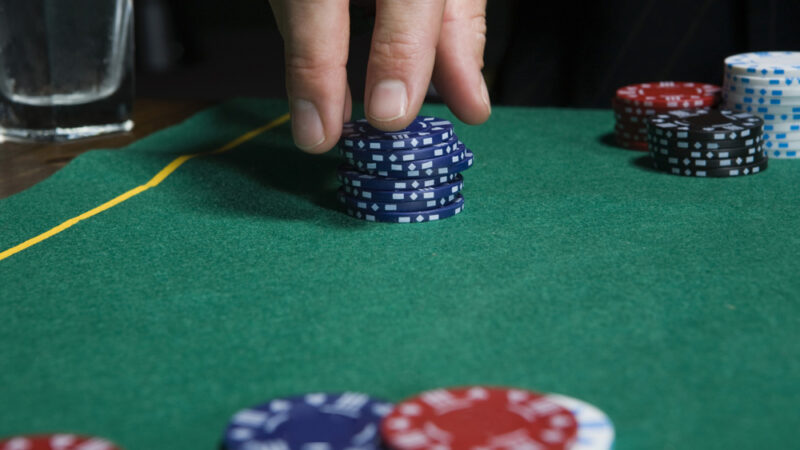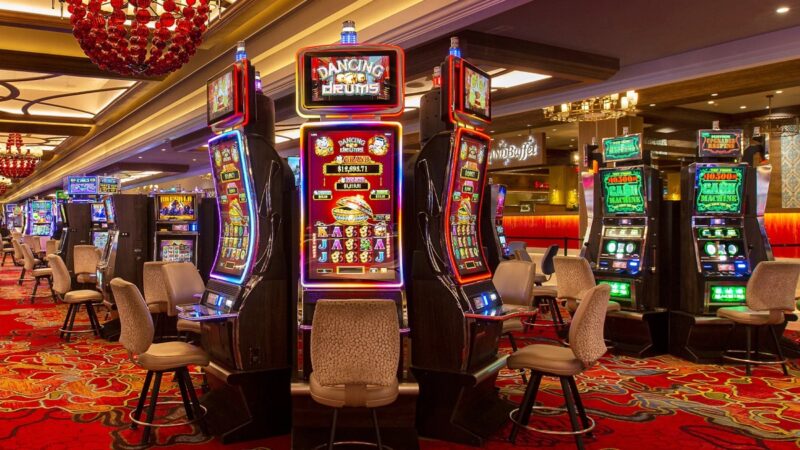Psychology of online slots – Why do people get hooked on slot games?
Online slot machines are the most popular casino game worldwide, accounting for 70-80% of all wagers. How do online slots appeal so universally and become so addictive? The answer lies in psychological traits like variable rewards, the near-miss effect, enticing themes, and the illusion of control which tap into cognitive biases.
Online slots payout rewards unpredictably. You never know which spin might produce a big win versus a dud loss. This variable reward schedule causes dopamine release to reinforce repetitive play for pleasurable payouts. Not knowing when the next win will come encourages persistent play. Even when a spin results in less than your wager, flashing graphics and sounds celebrate the meager payout, disguising the net loss. By heavily reinforcing even trivial “wins”, slots entice further play downplaying actual loss amounts. The cycle continues seeking that elusive major jackpot. When slot reels show a winning symbol pattern just shy of a big payout, this “near miss” motivates them to try again quickly to complete the pattern. The player feels they were so close that the next spin could convert the near hit into a jackpot, overindexing perceived chances of winning.
Colorful graphics, familiar themes tied to movies, games, and celebrities plus exciting bonus round animations attract players and encourage immersive play for entertainment alone. Eye-catching aesthetics and sound effects make slots hard to peel yourself away from. Playing online slots 24/7 right from mobile devices fuels addictive behavior. Playing สล็อต เว็บตรง ขั้นต่ำ 1 บาท โบนัส 100 anywhere, anytime without travel removes natural barriers that previously limited gambling. Always accessible slots enable problematic behavior. After experiencing a losing streak, players often believe a big win is “due” and they are bound to get lucky soon if they keep playing. In reality, each spin is fully independent, but the illusion of being a jackpot traps players into prolonging play despite mounting successive losses. Focused on slot play, the rest of the world fades away. A flow state relieves the real world’s problems by fostering a sense of immersion and escapism. Chasing this immersive high drives extensive play to avoid returning to reality.
Players adjust bet sizes and lines activated, triggering bonus rounds manually or stopping reels by touching the screen, giving a misleading sense of control over outcomes. In truth slots run on fixed RNG probability, but perceived control hooks players into thinking they manipulate wins. Even when the financial outcome is negative, playing slots provides entertainment value through lights, sounds, graphics, and checking results. It allows players to justify losses racked up by framing it as money paid for entertainment rather than a reckless gambling loss. In the excitement, players often overestimate win amounts in the moment. Once the actual win amount is realized, the desire to keep playing for a really big score has already taken hold.







